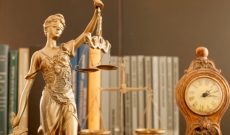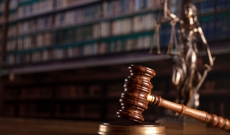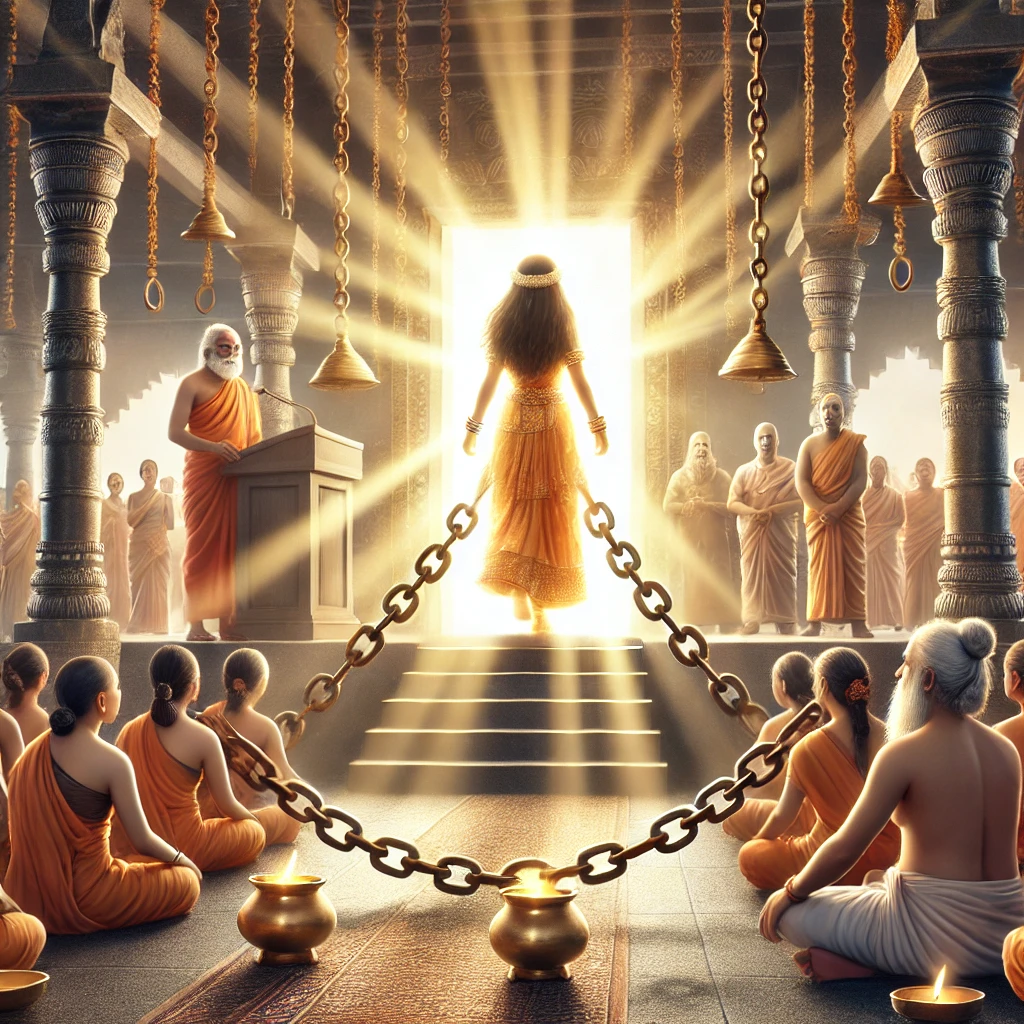Supreme Court South Sudan
The Supreme Court of South Sudan is the highest court in the country, serving as the final authority on legal matters and ensuring the administration of justice in accordance with the Constitution of South Sudan. It plays a critical role in interpreting laws, protecting the rights of citizens, and maintaining the rule of law in the country.
Key Functions and Responsibilities:
Final Court of Appeal:
- The Supreme Court of South Sudan is the final appellate court, hearing appeals on both civil and criminal matters. Its decisions are binding and cannot be appealed further.
Constitutional Interpretation:
- The Court has the power to interpret the Constitution of South Sudan. It ensures that laws and government actions align with the constitutional principles, protecting fundamental rights and freedoms.
Judicial Review:
- The Supreme Court is responsible for reviewing laws, policies, and government actions to ensure they are in compliance with the Constitution. If a law or action is found to be unconstitutional, the Court has the authority to invalidate it.
Protection of Rights:
- The Court plays a vital role in safeguarding the rights of South Sudanese citizens. This includes ensuring that human rights, such as the rights to freedom, equality, and due process, are respected and upheld by the government and other state institutions.
Setting Legal Precedent:
- As the highest court in the country, the Supreme Court’s rulings set legal precedents. These precedents guide the lower courts and help maintain consistency in the application of law across South Sudan.
Disciplinary Authority:
- The Court may have a role in overseeing the conduct of judges and other legal professionals. It ensures that judicial officers adhere to ethical and professional standards.
Structure and Composition:
The Supreme Court of South Sudan is composed of a Chief Justice and other Justices, who are appointed by the President. The number of Justices may vary, but the Chief Justice is the head of the Court and presides over its activities.
Chief Justice: The Chief Justice is the head of the Supreme Court and plays a central role in overseeing the judicial system in South Sudan. The Chief Justice is appointed by the President of South Sudan.
Justices: The Justices are appointed by the President as well, with their appointments often subject to the recommendation of a judicial service commission. They serve to hear cases, deliver judgments, and provide legal interpretations.
Types of Cases Heard:
Constitutional Matters: The Court hears cases that involve constitutional issues, including disputes over the interpretation of the Constitution, and challenges to the legality of laws and actions taken by government authorities.
Criminal Cases: The Supreme Court also deals with appeals on criminal matters, especially those involving serious offenses or legal principles that require clarification.
Civil Cases: The Court has jurisdiction over complex civil matters, including disputes between private individuals, organizations, and government entities.
Administrative Law: The Court may hear cases regarding the legality of actions taken by government agencies or public officials, ensuring compliance with the law.
Judicial Oversight and Independence:
The Constitution of South Sudan emphasizes the importance of judicial independence, ensuring that the judiciary can function free from political influence. Judges are appointed with the aim of safeguarding impartiality and fairness in their rulings.
Justices serve with security of tenure to maintain judicial independence, and their removal from office requires a formal legal process, which involves a recommendation from a judicial body or an impeachment procedure.
Key Challenges:
Access to Justice: One of the significant challenges facing the Supreme Court is ensuring access to justice for all citizens, especially those in rural or conflict-affected areas. Many South Sudanese may not have the resources or access to legal representation to bring their cases before the Court.
Political Influence: Like many post-conflict countries, there are concerns about the influence of political powers on the judiciary. Ensuring judicial independence and impartiality remains a critical issue.
Capacity and Infrastructure: Given the country’s history of conflict, the legal system, including the Supreme Court, faces challenges related to infrastructure, resources, and staff. Capacity-building and strengthening the judicial system are vital for the Court’s functioning.
Importance in South Sudanese Society:
The Supreme Court of South Sudan plays a crucial role in maintaining the rule of law, especially in a country emerging from years of civil conflict. It provides a forum for resolving disputes, interpreting laws, and upholding the rights of citizens. Through its decisions, the Court helps foster stability, peace, and governance in the country. It also serves as an essential check on the powers of the executive and legislative branches of government, contributing to the country’s democratic development.












comments